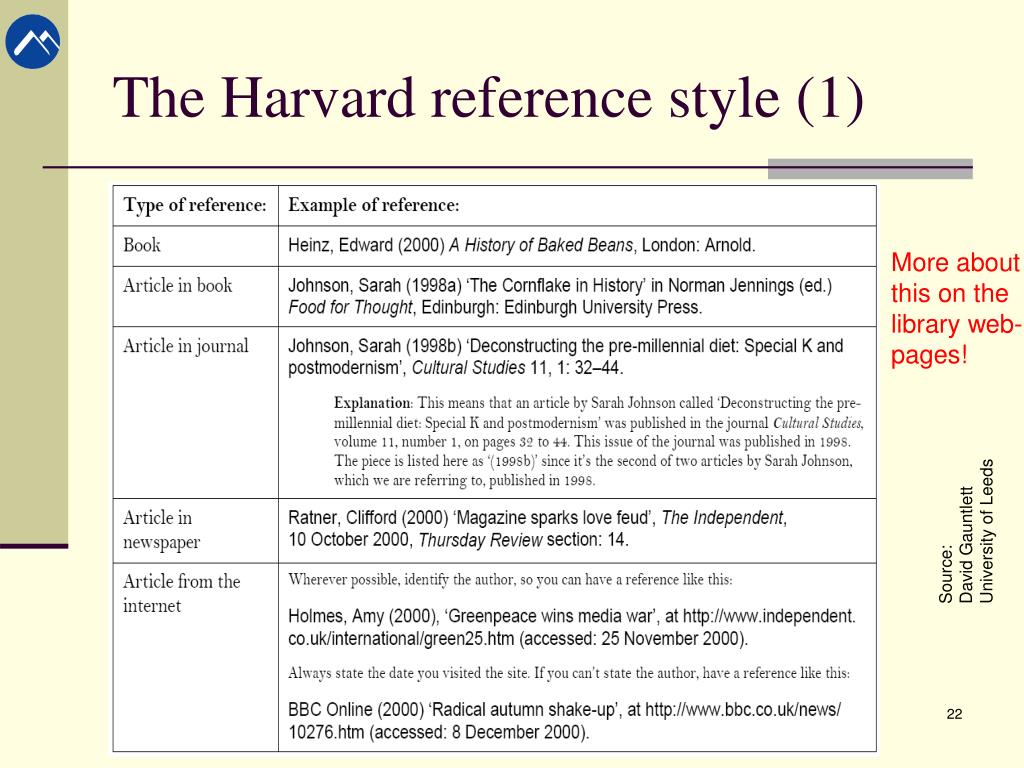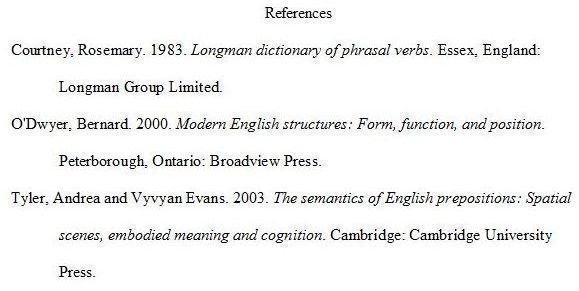

In this case, clicking on the title in the second result takes you to details of the article.You will find a list of matching documents.in the Article title, Abstract, Keywords.On the Document search page, enter the titleĬlimate and atmospheric history of the past 420,000 years from the Vostok ice core, Antarctica.To find articles that have cited our example article, follow these steps: In general, Scopus is much easier to use than Web of Science.Ĭitation information for each article is calculated in real-time, and you can quickly discover the number of times an article or author has been cited each year. the main journals, disciplines and authors that publish in your area of interest.citation information for a particular journal.how many citations a particular article or author has received.

It provides citations and abstracts for current research in the fields of health, education, physical and social sciences. Scopus is an alternative to Web of Science. Many researchers have turned to Scopus and Google Scholar as an alternative to Web of Science. coverage outside of the US (other than for the UK and the Netherlands) is limited.misspellings of author names and incorrect citations are common, making it difficult to ensure that there are no missing citations.coverage outside science, technology, and medicine is extremely low.

If a foreign-language journal does not summarise its article contents in English, Web of Science omits the journal
coverage is heavily biased in favour of English-language journals. Web of Science will present you with a complete list of articles that cite the original article.Īlthough Web of Science is often the best place to begin tracking citations, this source has significant limitations. These are usually the results of minor citation errors by article authors.Ĭlick in the checkboxes next to the matching citations and click on the Finish Search button. Note that there are sometimes several different citations. Web of Science presents you with a list of matching articles. Enter the year in which the article was published ( 1999) in the Cited Year(s) box. If you don't know the correct abbreviation, click on the View abbreviations link. In this case, the abbreviation is nature. Enter the standard abbreviation for the journal In the Cited Work box. Web of Science expects the author's name to follow the format: Petit J* (using * means that you will find all authors with last name Petit and the first initial J, including those with second initials). Enter the first author's name (in this case J R Petit) in the Cited Author box. To find articles that have cited this article, follow these steps: (1999) "Climate and atmospheric history of the past 420,000 years from the Vostok ice core, Antarctica" Nature, 399 (6735): 429-436. J R Petit, J Jouzel and D Raynaud, et al. For practice, let's find the authors who have cited the following journal article: Now you only need to enter the details of your search. Click on the Cited Reference Search link. #SCHOLARLY ARTICLE REFERENCE TRACKER PASSWORD#
Enter your UNE username and password if prompted. To search Web of Science, follow these steps: Conversely, high-quality articles can languish, uncited and unread. Poor quality papers might get cited because they are being criticised or refuted. Review articles (which survey a broad field of knowledge) are sometimes more often cited than warranted. Several factors influence citation counts. analyse the direction and pace of research trends to identify emerging areas of research.Ĭitation counts are not perfect.  determine the state of the academic debate at any time in the past. find refutations, criticisms, corrections and retractions of published articles. identify the response of the academic community to individual articles. identify the most influential papers and the leading academics in your field. track research forwards from an article, using lists of articles that mention it. track research backwards from an article, using lists of articles it cites. The standard tool used in citation tracking is a citation index. As a general rule, high-quality articles attract a greater number of citations. Citation tracking is used to discover articles that have been cited (referenced) by other articles.
determine the state of the academic debate at any time in the past. find refutations, criticisms, corrections and retractions of published articles. identify the response of the academic community to individual articles. identify the most influential papers and the leading academics in your field. track research forwards from an article, using lists of articles that mention it. track research backwards from an article, using lists of articles it cites. The standard tool used in citation tracking is a citation index. As a general rule, high-quality articles attract a greater number of citations. Citation tracking is used to discover articles that have been cited (referenced) by other articles.








 0 kommentar(er)
0 kommentar(er)
